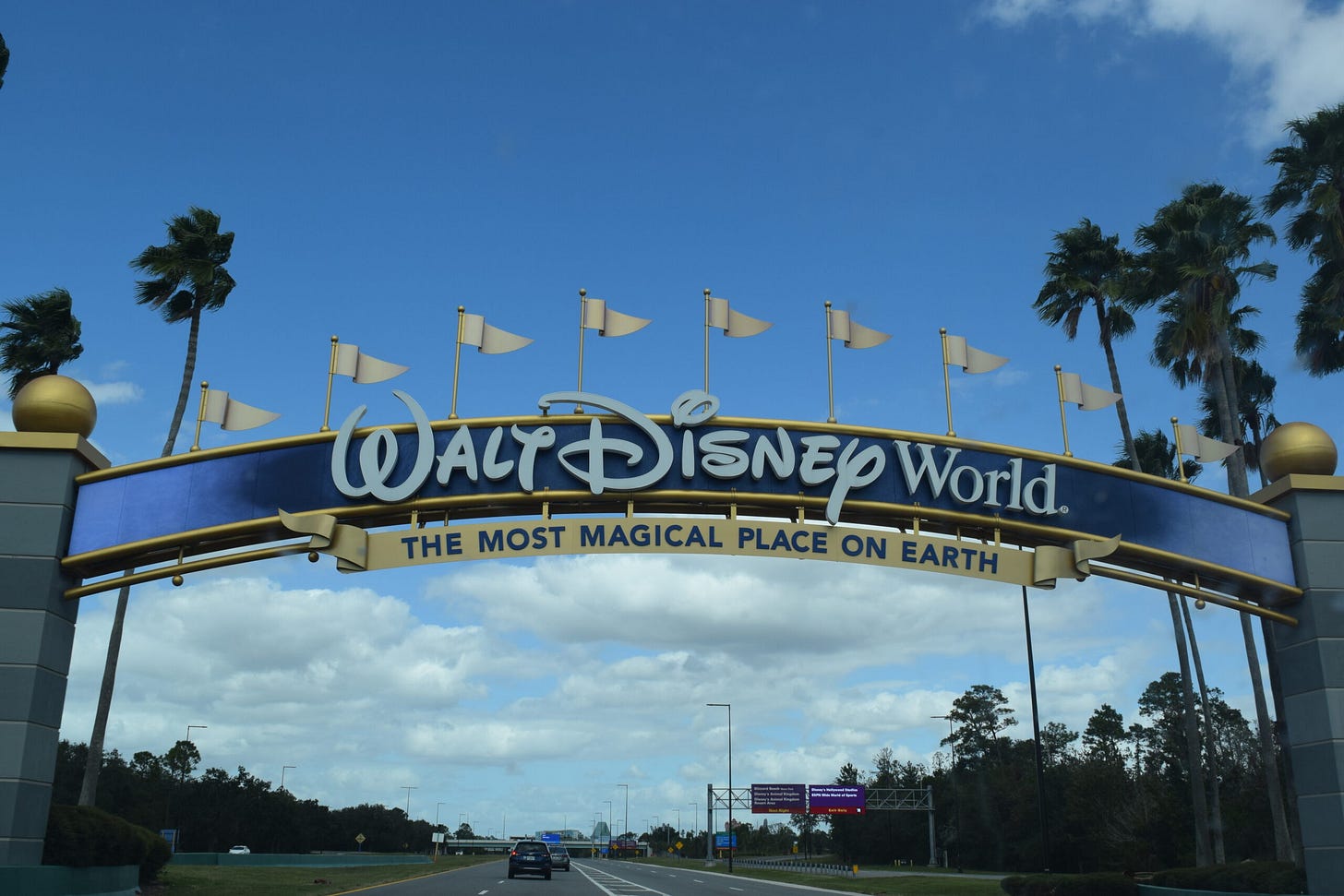Disney Reports Strong Park Growth, But Stays Silent on Epic Universe
In their first earnings call of the Epic Universe era, Disney executives touted a 7% revenue increase and rising guest spending, while conspicuously avoiding any direct mention of their new rival.
BURBANK, CA – In its first quarterly earnings report since the opening of Universal's Epic Universe, The Walt Disney Company today announced strong results for its theme parks division, but strategically sidestepped any direct acknowledgment of the new competitive landscape in Orlando. While executives celebrated a healthy 7% year-over-year revenue growth for the Parks, Experiences and Products segment, the real story for many analysts was what wasn't said: the words "Epic Universe" were never mentioned.
For its third fiscal quarter ending in June, which covers the first full month of Epic Universe's operation, Disney's parks division revenue rose to $9.1 billion. Parks Chairman Josh D'Amaro noted that attendance at Walt Disney World was "slightly up" year-over-year, and per-capita guest spending also saw an increase, driven by higher ticket prices and the continued adoption of the Genie+ service.
The results, while positive, stand in contrast to the explosive 19% revenue surge reported by Universal's theme parks division just a week prior, a success they attributed directly to the opening of Epic Universe. When asked about the new competition during the investor call, Disney's leadership adopted a confident and dismissive posture, refusing to name their rival and instead focusing on their own strategy.
"We have a robust slate of projects and the financial discipline to invest wisely," D'Amaro stated. "We are confident in our product."
CEO Bob Iger framed the renewed interest in Orlando as a net positive for the entire region, a narrative that positions Disney as being above the competitive fray. "A rising tide lifts all boats, and we see the renewed interest in Orlando as a positive for everyone," Iger commented, implying that a stronger tourism market ultimately benefits Walt Disney World.
This approach aligns perfectly with the "offensive" strategy D'Amaro has discussed in the past, which focuses on "fortifying" the four existing Walt Disney World theme parks rather than reacting to a competitor's moves. Instead of addressing the success of Epic Universe directly, the executives pivoted the conversation to their own future, teasing that major announcements for Walt Disney World's next wave of expansion are being saved for the upcoming D23: The Ultimate Disney Fan Event.
This "D23 tease" is a classic strategic move, an attempt to shift the narrative away from a competitor's successful launch and refocus the public's attention on Disney's own pipeline of projects.
While Disney's financial results demonstrate the resort's continued resilience and immense drawing power, the disparity in the growth rate between Disney and Universal is undeniable. The refusal to name Epic Universe is a calculated corporate strategy to project unwavering confidence. However, the real test of Disney's response will come at D23, where the company will be expected to unveil plans that are ambitious enough to counter the massive momentum of the new universe that has just opened down the street.
The theme park wars are just getting started. If you enjoyed this analysis, join our community of passionate insiders by subscribing for free. You'll get more articles like this, plus breaking news from the D23 event, delivered straight to your inbox. Subscribe now and don't miss the next big announcement.



